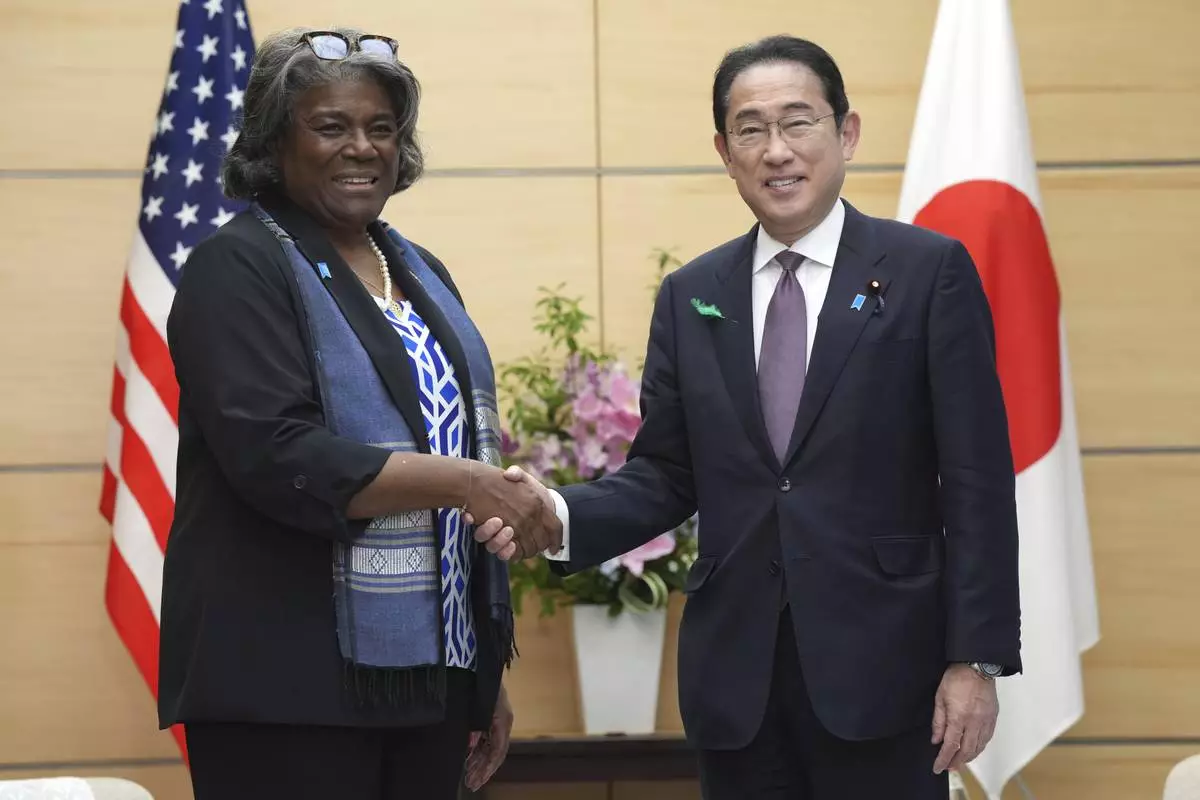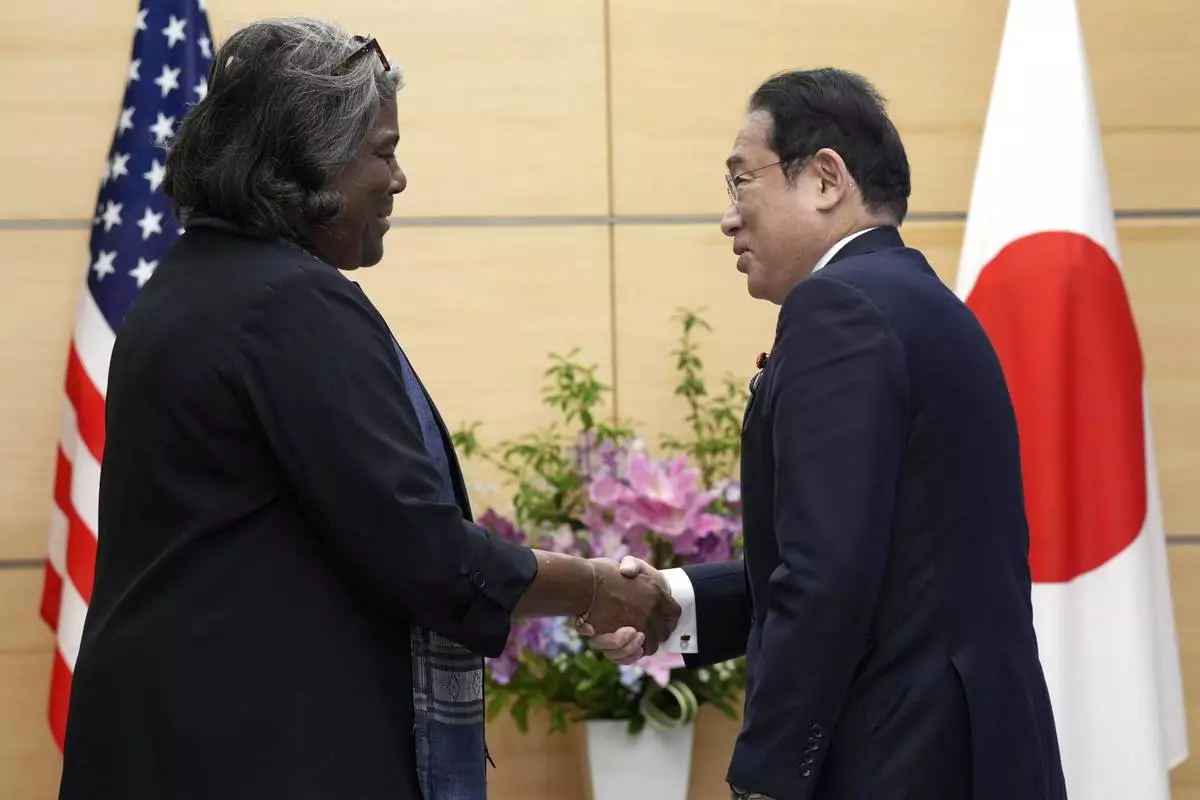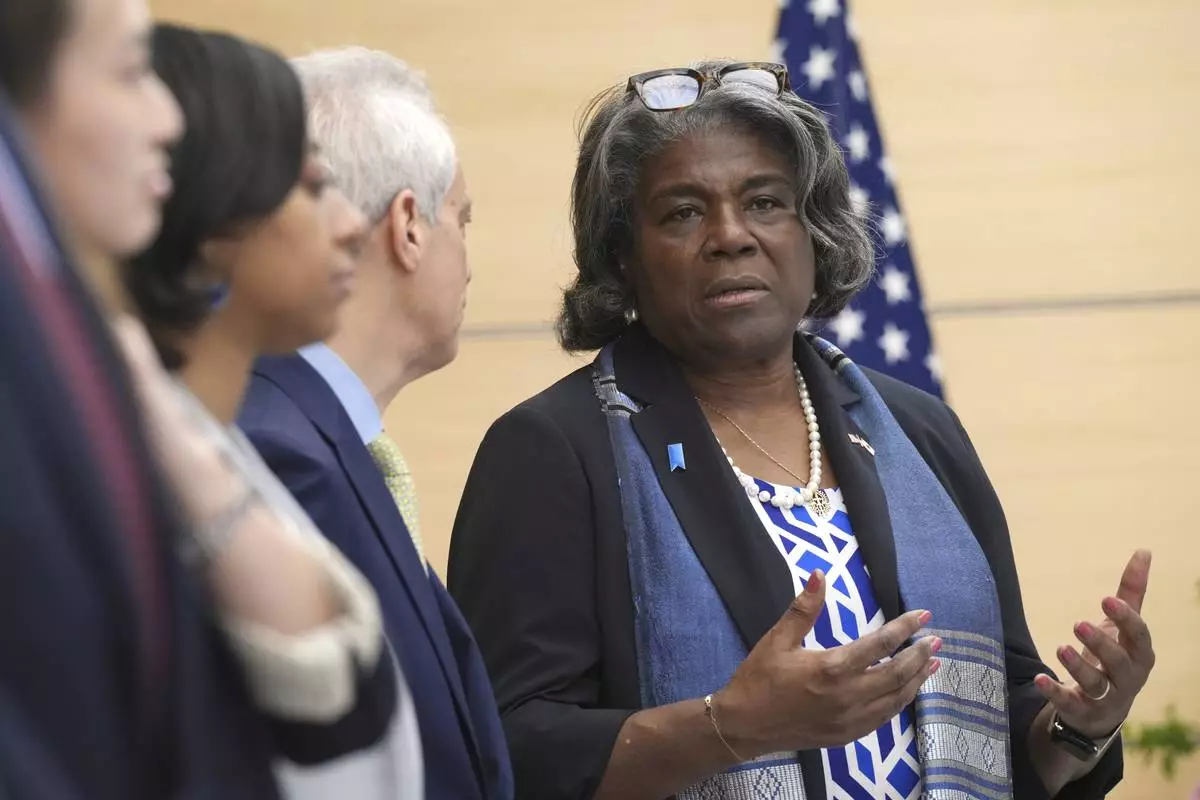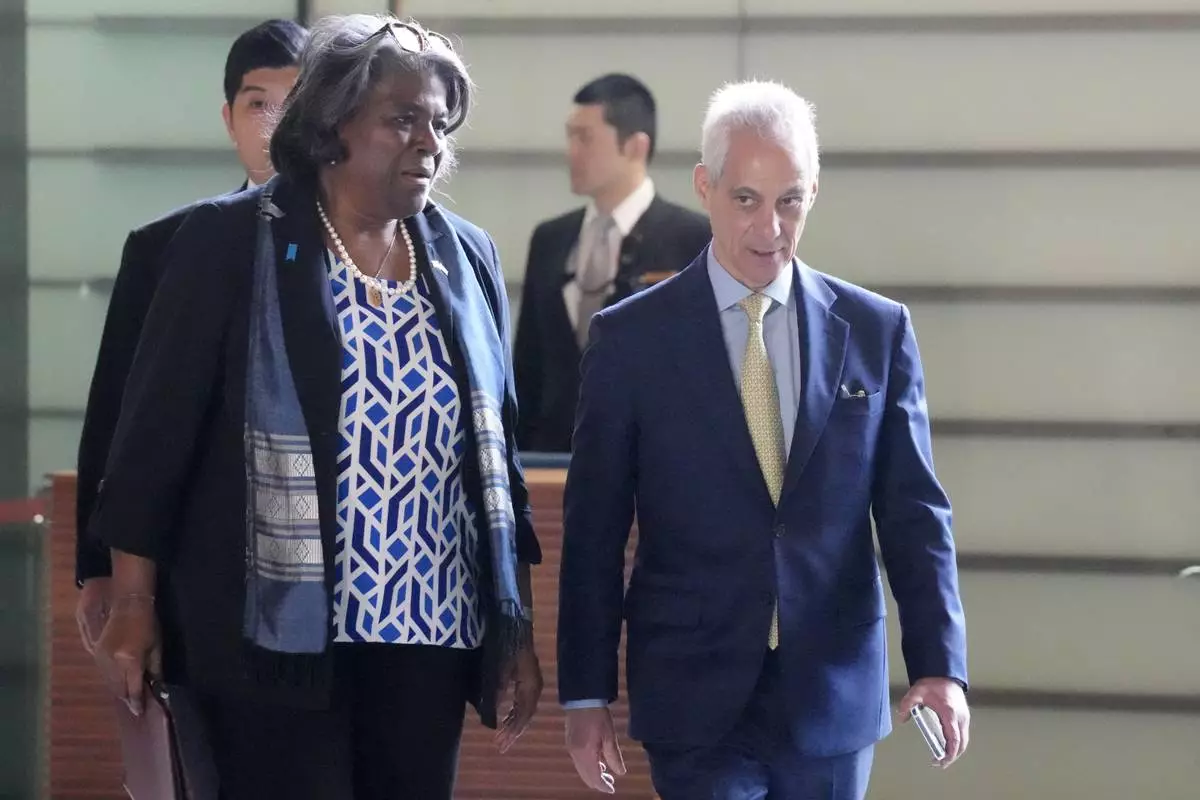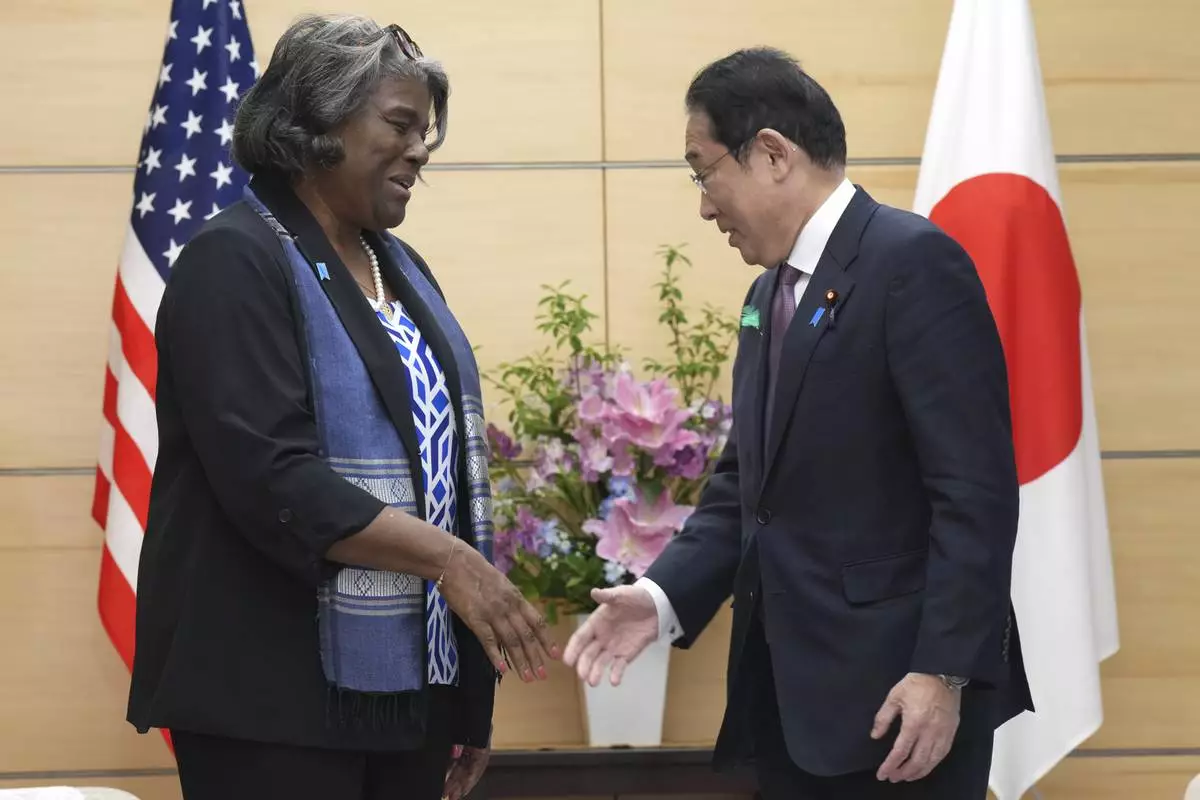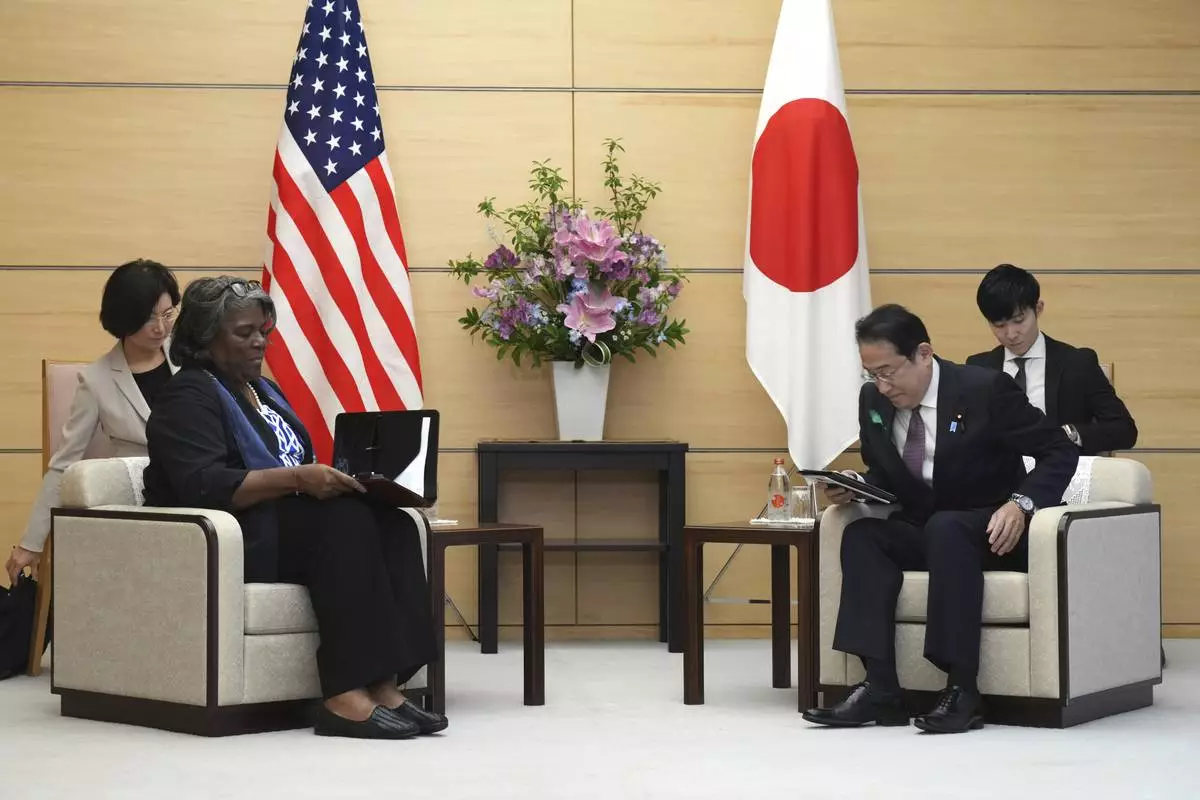California Sen. Kamala Harris has described her experience as a student at a historically black college as "one of the most important aspects" of her life. Now, her Democratic presidential campaign is using that experience to connect with voters.
Not only is she one of only two black candidates in a field that's expected to grow to more than 20 candidates, she's also the only candidate who attended a historically black college or university, commonly called an HBCU. And she's the first major-party candidate to have graduated from an HBCU — Washington's Howard University — since Jesse Jackson ran for president in the 1980s.
To be sure, she is not the only candidate focusing on such institutions.
Massachusetts Sen. Elizabeth Warren, New York Sen. Kirsten Gillibrand and former Texas Rep. Beto O'Rourke have campaigned at historically black colleges. So has the other black candidate in the 2020 race, New Jersey Sen. Cory Booker.
At a CNN town hall last month in Orangeburg, home to two of South Carolina's HBCUs, Booker noted that his parents and grandparents were educated at historically black institutions and that "the majority of black doctors, black lawyers, black generals are produced by HBCUs."
But Harris's campaign has visited more historically black colleges than any candidate, and she is burnishing her personal ties to this community, and not just to current students.
"Presidential candidates are recognizing HBCUs as a political and cultural center for the broader black community," said Aimee Allison, the founder of the political network She The People, which plans a candidate forum Wednesday at Texas Southern University, a historically black college.
Allison said that holding events at these schools is an "essential part of a long-term strategy to build trust and relationships" with black voters.
Harris's focus on historically black colleges could be particularly important in South Carolina, home to eight HBCUs. Black voters are vital to success for Democratic primary candidates anxious to win the South's first primary.
In Orangeburg, Harris's town hall Saturday night was moderated by Bakari Sellers, a former South Carolina state representative who recently endorsed her campaign.
Turning to a group of South Carolina State students seated on bleachers, Harris talked briefly about the value of attending a historically black institution.
"At an HBCU, everything you are told is that you can be whatever you want to be, and there will be no barriers to that success," she said. "And you are told as a young black student that you do not need to make choices and fit into anyone's narrow definition of what it means to be a young black person in America."
Harris added later that historically black colleges "teach us that there will always be a community that will support us, whatever we will decide to do,"
Including, perhaps, running for president.
Joann Berry, a 66-year-old who worked at South Carolina State for more than two decades, said that historically black colleges don't just give diplomas, "they're more like family." She said that the fact that Harris had attended an HBCU could give her an advantage with connecting here.
While Berry has yet to decide who to support in South Carolina's primary, she said Harris is among the candidates she's considering.
"I'm proud of her. I have faith in her just like I had faith in Barack Obama," said Berry. "A lot of people said he couldn't do it — and he won."
Harris' campaign has made a number of overt appeals, in South Carolina and elsewhere, to the network of HBCUs.
One of Harris's early congressional backers, California Rep. Barbara Lee, held events at Benedict College in Columbia on her behalf.
Harris also waded into the local issue of Denmark Technical College, which primarily serves residents of rural Allendale, Bamberg and Barnwell counties, and has been battling declining enrollment.
Her first significant policy rollout, aimed at increasing teacher pay nationwide, specifically calls for the federal government to support programs dedicated to teacher recruitment, training and professional development, particularly at HBCUs.
Harris's first news conference as a presidential candidate was held at her alma mater, with the leaders of the Howard University Student Association on hand. She recalled that she had run her first political campaign as freshman class representative.
"This is where it all began," she said.
On Twitter, her campaign even took note of Beyonce's "Homecoming," which was released this past week and paid homage to the musical legacy of historically black colleges. Harris said "Homecoming" ''exemplifies and rightly celebrates the spirit and legacy of HBCUs."
"She brought our culture and tradition to the world stage and as a proud Howard graduate, I can't wait to watch," Harris wrote.
Other times, the exchanges come unprompted.
On an earlier trip to South Carolina, Harris was addressing a gathering of more than a dozen female leaders in Columbia when 83-year-old Marjorie Hammock arrived. Hammock, wearing a crew-neck Howard University sweat shirt, slowly made her way through a throng of reporters and onlookers.
When Harris noticed her, she immediately called to her.
"Hey, Bison, I know you," Harris said, referencing Howard's mascot, as the women laughed.
"We both went to Howard," said Harris, 54, and joked, "I was there before her."
Hammock, who attended Howard in the 1950s, said later that Harris's campaign "gives me also hope for this country" and that seeing a Howard graduate run for president "reinforces the fact that the legacy continues."



